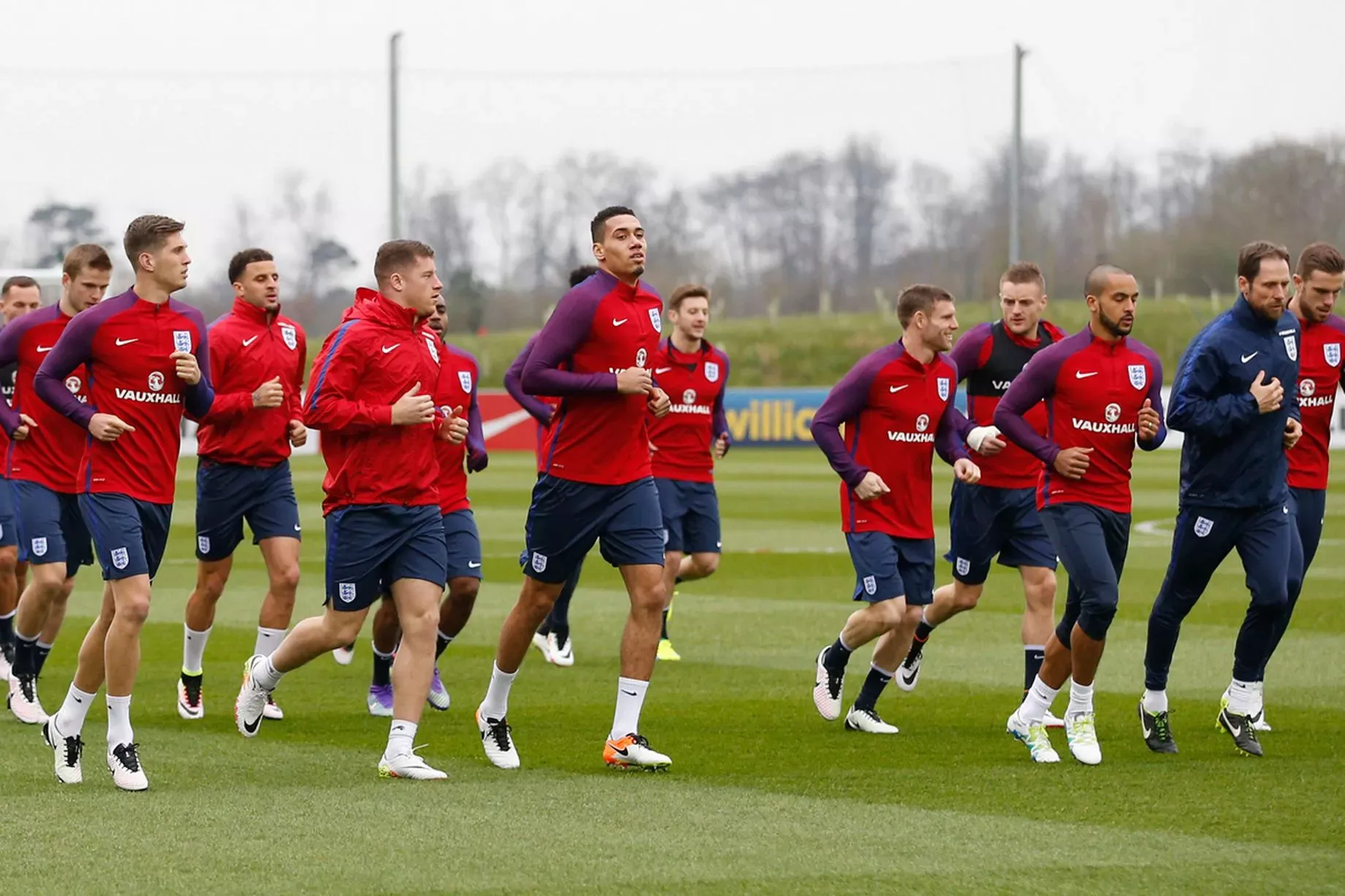Sports
England Prepares for UEFA Euro 2026 Squad and Sponsorship Insights

As anticipation builds for UEFA Euro 2026, the England national football team is entering one of its most closely watched preparation phases in recent history. With high expectations following impressive performances in previous tournaments, the spotlight is firmly on Gareth Southgate and his evolving squad strategy. Alongside on-pitch developments, a wave of major sponsorship deals and commercial partnerships is shaping England’s journey toward the tournament, underscoring the deep connection between football, business, and national pride.
Squad Evolution and Tactical Focus
England’s road to Euro 2026 has been marked by a careful balance between experience and emerging talent. Manager Gareth Southgate faces the challenge of maintaining stability while introducing new players capable of delivering at the highest level. The core of the squad remains strong, with established stars such as Harry Kane, Jude Bellingham, Bukayo Saka, and Declan Rice expected to lead the campaign. However, new faces from the Premier League’s rising generation are likely to play a critical role in refreshing the team’s dynamics.
Analysts note that Southgate’s recent selections reflect a deliberate shift toward flexibility and creativity. The manager has experimented with formations that emphasize fluid midfield play and quick transitions. The use of younger attacking players like Cole Palmer, Anthony Gordon, and Eberechi Eze has provided England with greater unpredictability in the final third.
Defensively, the team continues to rely on a mix of experience and youth. John Stones and Kyle Walker provide leadership at the back, while players such as Levi Colwill and Marc Guehi are being groomed for key roles in the defensive line. Southgate has also prioritized improving England’s resilience under pressure, focusing on game management and penalty confidence, areas that have historically proven decisive in major tournaments.
Fitness and squad depth will be crucial as the tournament approaches. With many players competing in demanding domestic and European schedules, injury management and recovery protocols have become central to Southgate’s plans. The Football Association’s partnership with top sports science institutions is helping ensure that players arrive in peak physical condition for the summer of 2026.
Fans remain optimistic that this generation has both the skill and maturity to challenge Europe’s best teams. The combination of seasoned internationals and fearless newcomers is expected to make England one of the tournament favorites, provided they can maintain form and avoid the setbacks that have derailed previous campaigns.
Sponsorships and Commercial Partnerships
Off the pitch, the commercial momentum surrounding England’s Euro 2026 campaign is equally impressive. The Football Association has secured a record number of sponsorship deals, reflecting the team’s growing global appeal and the strong alignment between sports and brand marketing.
Nike remains the official kit supplier, extending its long-term partnership with the FA in a deal reportedly worth over £400 million. The brand’s latest designs are set to debut in early 2026, blending modern aesthetics with classic English football heritage. Meanwhile, Barclays, BT, and Nationwide have renewed their partnerships as key sponsors, emphasizing their commitment to supporting grassroots development and the national team’s broader initiatives.
New commercial players have also entered the picture. Leading technology firms, including British-based fintech and data analytics companies, are integrating digital innovation into the fan experience. Enhanced mobile engagement platforms will allow supporters to interact with the team through augmented reality features, exclusive behind-the-scenes content, and personalized merchandise.
The FA’s strategic partnerships with international media and streaming platforms are expected to expand England’s global fan base. With viewership projected to exceed 300 million worldwide during the tournament, the team’s commercial footprint continues to grow. These partnerships not only generate vital revenue for football development but also reinforce England’s position as one of the most marketable national teams in world sport.
Industry analysts estimate that sponsorship and merchandise sales could exceed £500 million during the tournament year, surpassing previous records set during the 2022 World Cup. For sponsors, aligning with the England brand offers unparalleled visibility, emotional connection, and access to one of the most passionate fan communities in sport.
Fan Culture and Expectations
England’s supporters remain among the most dedicated and influential in international football. As preparations for Euro 2026 intensify, fan communities across the country are organizing events, screenings, and travel packages to support the team in Germany. Social media campaigns and fan-led podcasts have amplified the sense of national unity, turning every squad announcement and friendly match into a major talking point.
The FA has also launched initiatives to improve fan engagement, focusing on inclusivity, sustainability, and accessibility. Ticketing systems have been upgraded to ensure fair allocation, while environmental measures are being implemented to reduce the carbon footprint of fan travel and events. The collaboration between the FA and local communities is reinforcing the idea that football remains a unifying force that transcends sport.
The atmosphere ahead of Euro 2026 feels different from previous tournaments. The blend of excitement, confidence, and cautious optimism suggests that supporters believe this could be England’s moment. With a talented squad, visionary management, and unprecedented commercial backing, the stage is set for a defining campaign.
Conclusion
England’s preparation for UEFA Euro 2026 captures the perfect intersection of athletic ambition, technological innovation, and commercial strategy. On the field, Gareth Southgate is building a balanced and resilient team capable of challenging Europe’s elite. Off the field, record sponsorships and fan engagement initiatives are driving new levels of enthusiasm and financial success.
As the countdown continues, the focus will be on fine-tuning the squad and maintaining the delicate balance between pressure and performance. If all elements align, Euro 2026 could mark the beginning of a golden era for English football, both in competition and in global influence.










